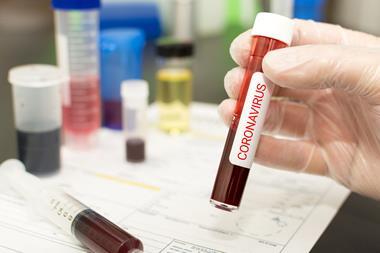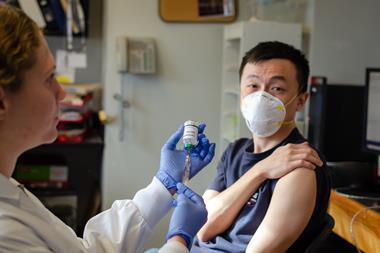As the world scrambles, StrategicRISK spoke with Dr Adrian Hyzler to get his top tips for risk managers on how best to tackle this crisis over the coming weeks.

How does the risk profile of this latest crisis compare to the major pandemics of the past decade (Ebola, SARS, Swine Flu)?
There is no definitive answer to this question at the moment as the data is still being gathered and it’s early days in the life history of this novel coronavirus. The information to date is that this nCoV is causes less severe illness than the other viruses - the case fatality ration, for example, is around 2-3% compared with SARS 10% and MERS 35%. However, this virus is much more transmissible with each infected person causing 2-3 others to be infected. But this is based on initial data only.
What advice do you have for businesses who are dealing with this from an international travel perspective? Should they be grounding staff?
The UK government has updated its advice against all but essential travel to mainland China - previously this applied only to Hubei province. British Airways have announced the cessation of all flights to and from China. We would advise against all but essential travel into China. All dependents and non-essential personnel within China, and all at-risk employees (see below) should also be withdrawn while it is reasonably straightforward to do so.
What general advice would you have for risk managers in dealing with this type of issue in their businesses?
Risk managers should be active in disseminating clear and comprehensive information to all employees. They should put in place measures to allow for employees to work from home in cases where self-isolation may be necessary. They should make sure that there are suitable wash stations with soap and hot water and alcohol rub dispensers. Employers can also use this opportunity to re-educate employees about the benefits of the seasonal flu vaccine, not to prevent this novel coronavirus, but to help to prevent seasonal flu, as well as the potential for ‘flu’ symptoms to be mistaken for the coronavirus.
At-risk people:
anyone aged 65 and over
pregnant women
children and adults with an underlying health condition (such as long-term heart or respiratory disease)
children and adults with weakened immune systems




















No comments yet